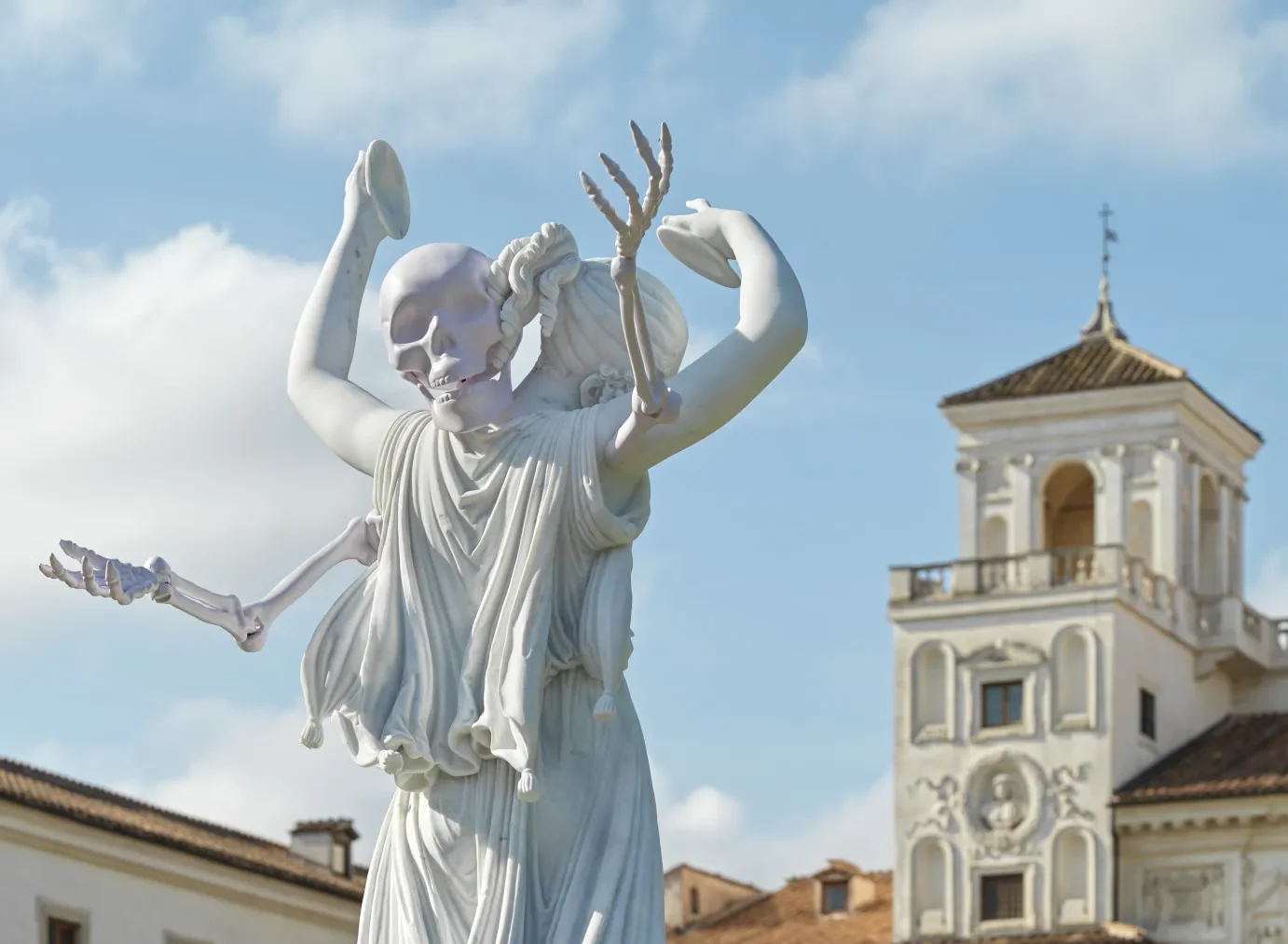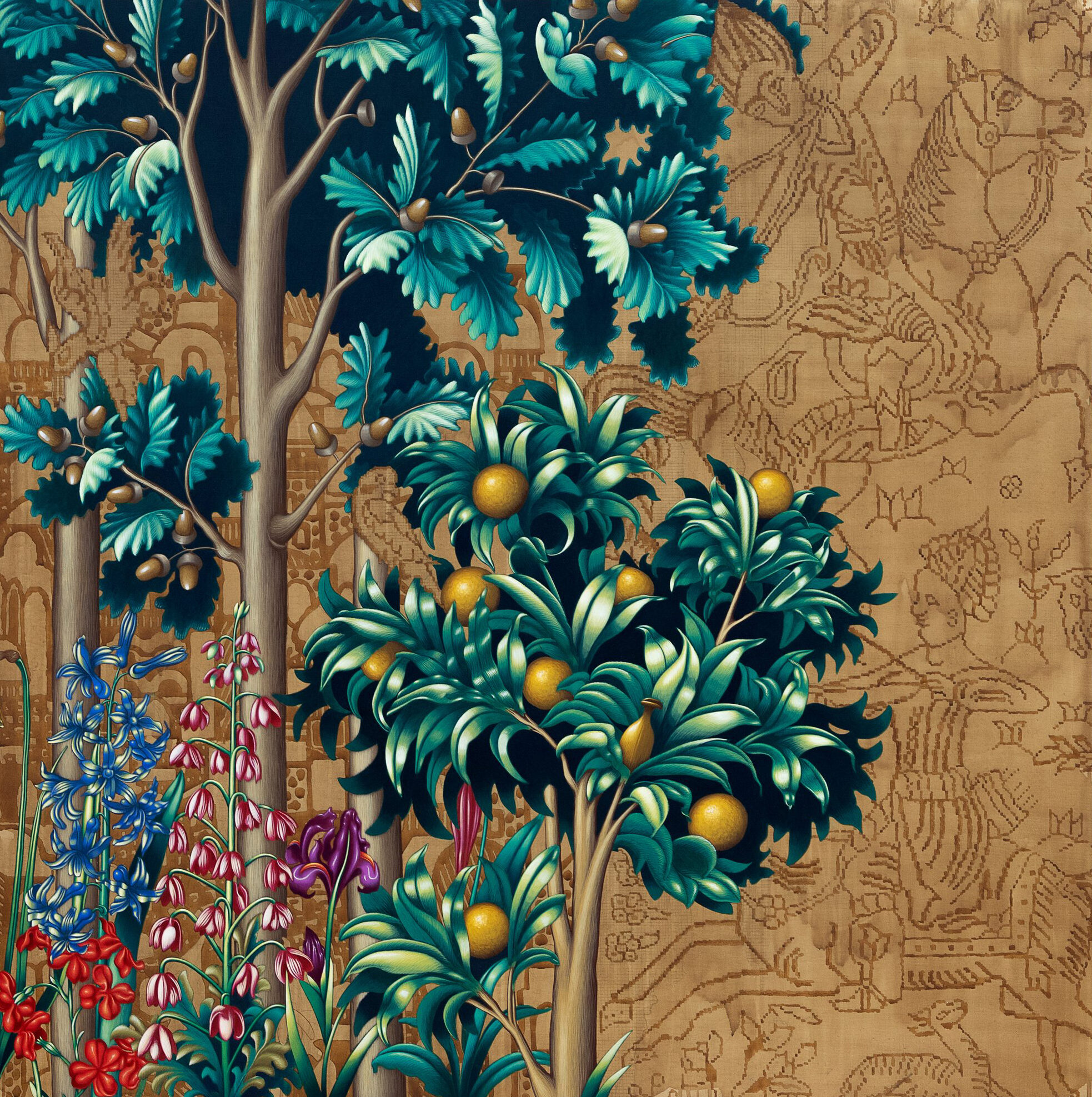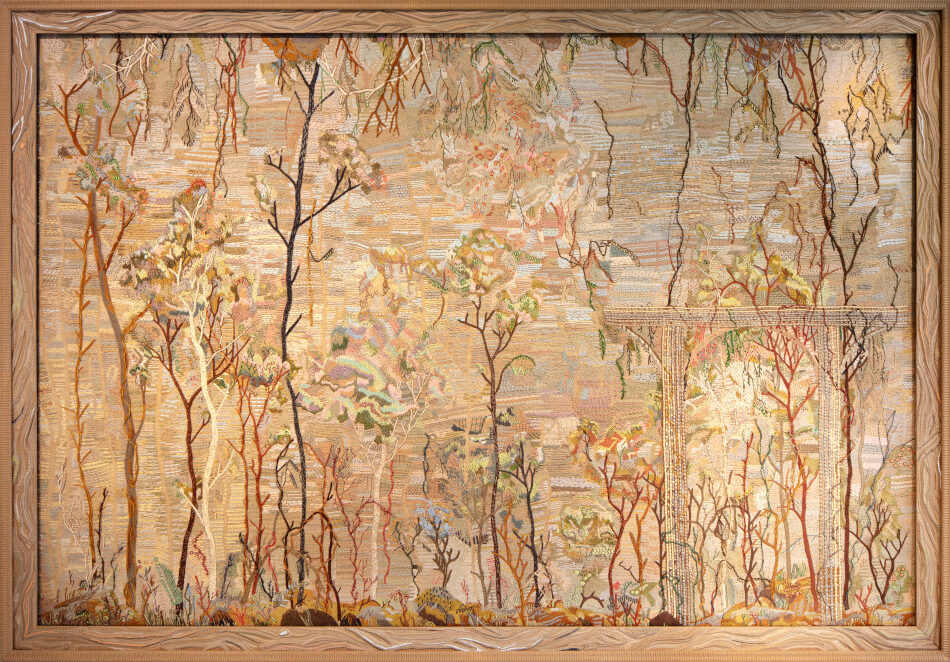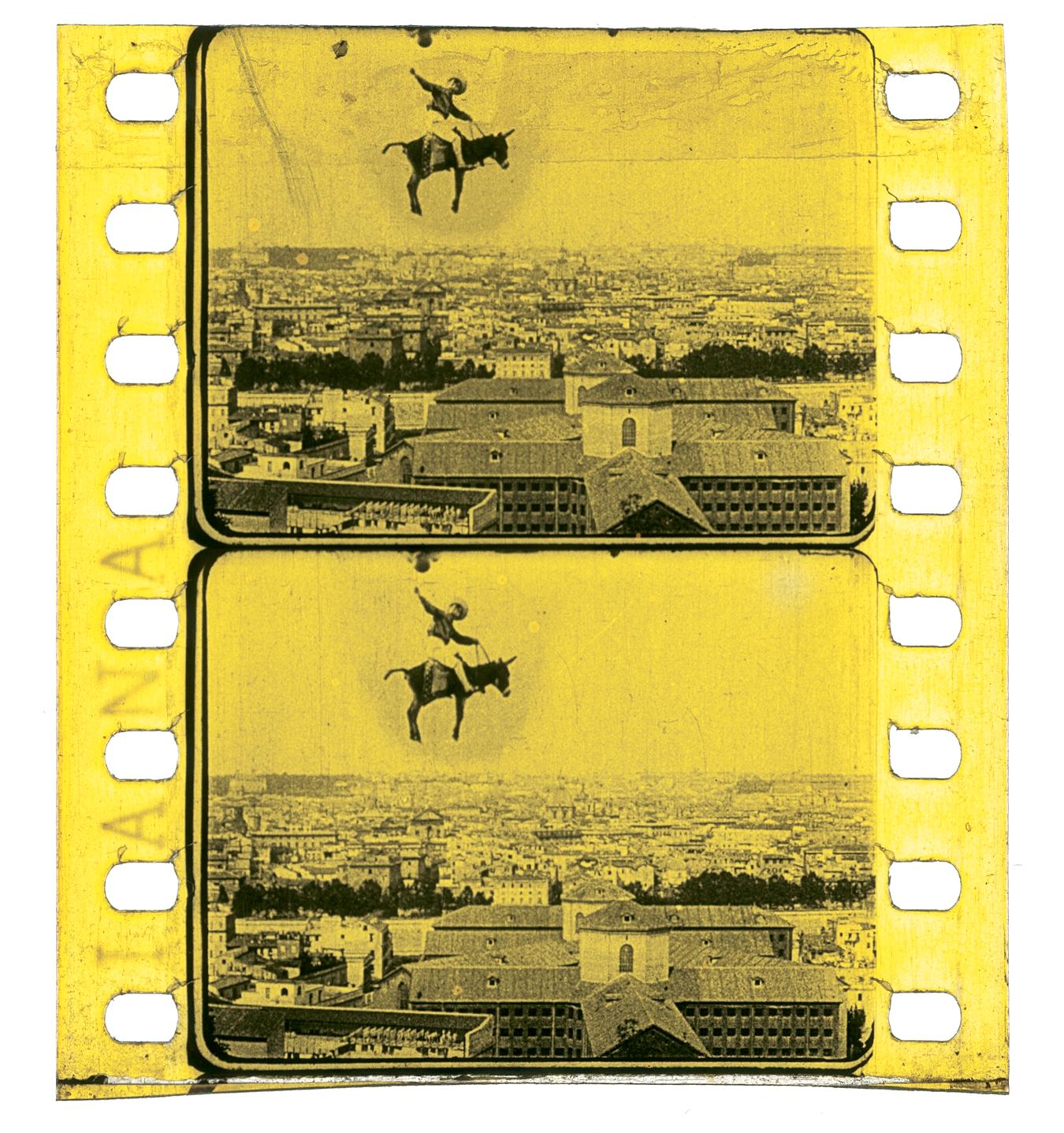Search
"Practicing the arts and sciences in the academies of early modernity": round-table discussion
22.03.2023

Wednesday, March 22, 4:00 pm
Round table and presentation of two books
Event in French, Italian and English
The event will be moderated by Francesca Alberti, Director of the Art History Department at the Académie de France in Rome – Villa Médicis.
With the participation of : Déborah Blocker (Berkeley University), Matthijs Jonker (Royal Netherlands Institute in Rome), Dinah Ribard (L’École des hautes études en sciences sociales, Paris), Maria Pia Paoli (Scuola Normale Superiore, Pisa), Samir Boumediene (KNIR Fellow / CNRS, Lyon).
Free event, reservation required
We kindly ask you to cancel your reservation if you no longer wish to attend, to give other people the opportunity to take part in the event.
There are no plans to record or broadcast this event.
The modern era is marked by the birth of academies, places where the sciences and arts, understood in their current sense, became institutionalized. However, academic activities, both discursive and practical, remain relatively unknown, even though this period formalized the knowledge and aesthetic practices we have today.
What was daily life like in the academies of early modernity? How did the practice of the arts and sciences intersect and help define a modern conception of art?
Two recently published books(Déborah Blocker, Le Principe de plaisir: esthétique, savoirs et politique dans la Florence des Médicis (XVIe-XVIIe siècle), Paris, Les Belles Lettres, 2022 and Matthijs Jonker, The Academization of Art: A Practice Approach to the Early Histories of the Accademia del Disegno and the Accademia di San Luca, Rome, Papers of the Royal Netherlands Institute in Rome, 70; Quasar, 2022) provide much new information on the activities of academicians at three important Italian academies: the Academia delle Alterati and theAccademia del Disegno in Florence, and theAccademia di San Luca in Rome.
Starting with a cross-presentation of these two books by their respective authors, three historians will then set out their points of view on how to approach the activities and practices of academicians in the modern era. These presentations will be followed by a debate on why and, above all, how to trace the discursive, scholarly and/or artistic practices of these academies, both in Europe and beyond.
The participants will themselves come from a variety of disciplines (art history, history of science, history of ideas, history of literature and literary studies, social and political history, institutional history, etc.), and their discussions will be resolutely transdisciplinary.
"Le Principe de plaisir : esthétique, savoirs et politique dans la Florence des Médicis (XVIe-XVIIe siècle)", Déborah Blocker, Paris, Les Belles Lettres, 2022

The Pleasure Principle explores the history of one of the most original and productive academies of the late Florentine Renaissance, the Academy of the Alterati (1569-ca. 1630). The book examines the discourses and practices that helped to define new understandings and uses of the arts (philosophy, rhetoric, history, science, poetry, theater, painting, music, etc.), which we still inherit today.
The book offers an in-depth investigation of the social, institutional and political constraints that weighed on the 147 members of the Alterati in late Medici Florence. It also examines how, within these constraints, the Alterati succeeded in creating a protected, even secretive institutional space, in which the arts and sciences served as instruments to establish their status and wealth.
Finally, it examines how the discursive, social and institutional practices of the late Florentine oligarchy were reactivated and extended within theAccademia degli Alteratiand the role these oligarchic practices played in defining new understandings and uses of knowledge.
"The Academization of Art: A Practice Approach to the Early Histories of the Accademia del Disegno and the Accademia di San Luca", Matthijs Jonker, Rome, Papers of the Royal Netherlands Institute in Rome, Quasar, 2022

The Florentine Accademia del Disegno (founded in 1563) and the RomanAccademia di San Luca (founded around 1593) were the first official art academies in Europe. In their early years, these institutions fulfilled a variety of functions, including organizing funerals and religious festivals, establishing and enforcing rules for the organization of workshops, teaching the principles of their art to young painters, sculptors and architects, and maintaining relationships with potential patrons.
By considering them as points of intersection of religious, guild, educational and patronage practices, this book presents a multifaceted and comprehensive understanding of these academies. As such, it goes beyond previous interpretations, where they were reduced to one of their activities (e.g. patronage). The book also offers the first sustained comparison of theAccademia del Disegno and theAccademia di San Luca.
The focus on “social practices” implies the application of ideas from theories of practice to a cultural-historical research object. The development of theories of practice, in particular those of Pierre Bourdieu and Theodore Schatzki, is the second aim of this study, in addition to improving understanding of theAccademia del Disegno and theAccademia di San Luca in the early years of their existence.
Photo credits :
- Jan van der Straet and Cornelis Cort, The Practitioners of the Visual Arts, 1578, engraving, 43.2 × 29.5 cm, Amsterdam, © Rijksmuseum
- Cover of Le Principe de plaisir : esthétique, savoirs et politique dans la Florence des Médicis (xvie-xviie siècle), Déborah Blocker, Paris, 2022 © Les Belles Lettres
- Cover of The Academization of Art: A Practice Approach to the Early Histories of the Accademia del Disegno and the Accademia di San Luca, Matthijs Jonker, Rome, Papers of the Royal Netherlands Institute in Rome, 2022 © Quasar



